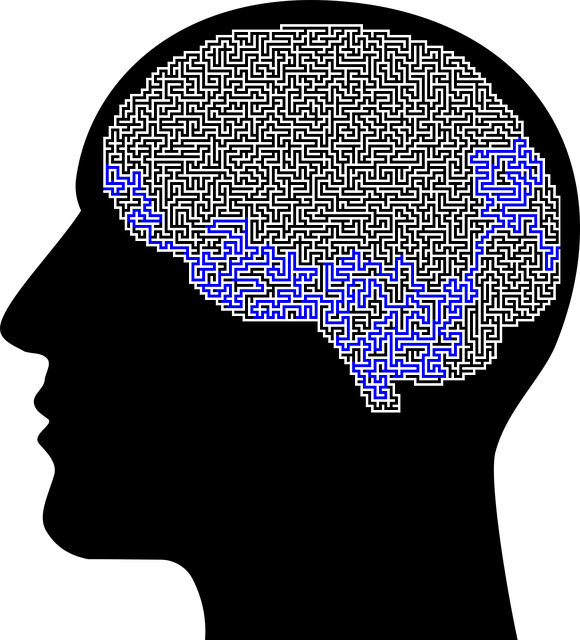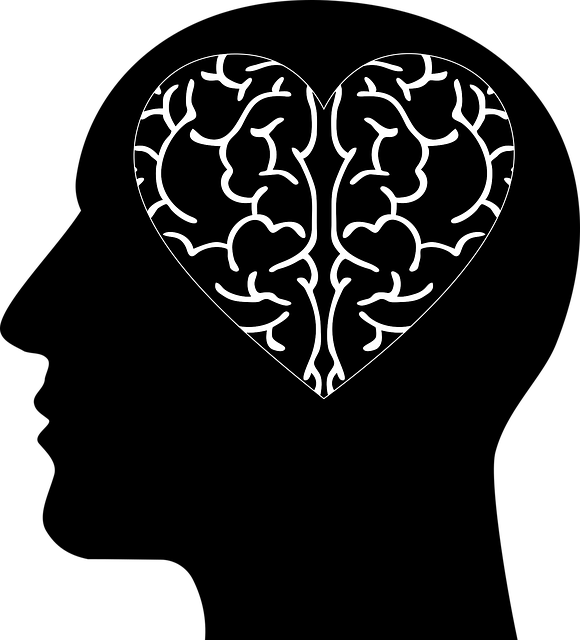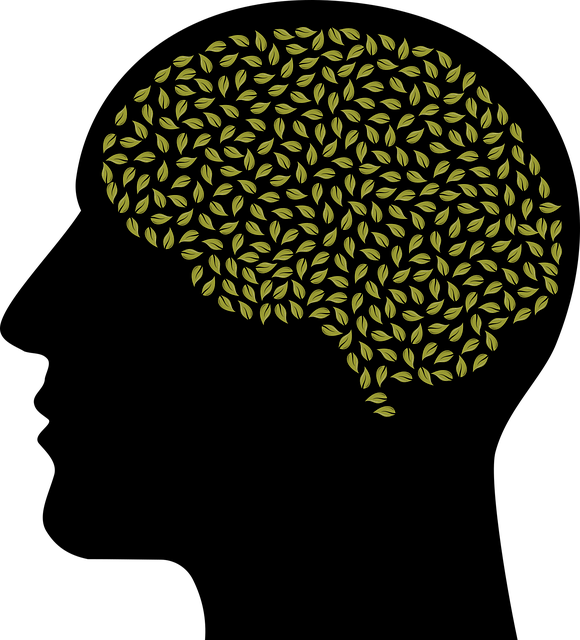Stress management is critical for elderly individuals with dissociative disorders, as these conditions can exacerbate symptoms and cause anxiety. Workshops focused on mindfulness, relaxation, and trauma-specific therapy provide safe spaces to learn coping mechanisms, boost confidence, and reduce stigma. These initiatives must be tailored to older adults' needs, incorporating physical wellness activities, group discussions on social connections, and specialized trauma therapy. Creating supportive environments with trained facilitators is key to success. Measuring the effectiveness of these workshops involves short-term feedback and long-term tracking of positive behavior changes, ensuring sustained stress reduction and improved quality of life for those with dissociative disorders.
Stress management workshops play a vital role in enhancing the well-being of elders with dissociative disorders. This comprehensive guide delves into the design and facilitation of such workshops, focusing on strategies tailored to this specific population. From understanding the unique stress factors affecting elders with dissociative disorder to measuring the success of these interventions, each section offers practical insights. Discover effective techniques for creating supportive environments that foster healing and coping mechanisms through evidence-based therapy for elders with dissociative disorders.
- Understanding Stress and its Impact on Elders with Dissociative Disorder
- Designing Effective Workshops for Stress Management in an Elderly Population
- Strategies for Facilitating Supportive Workshop Environments
- Measuring Success: Evaluating the Effectiveness of Stress Management Workshops
Understanding Stress and its Impact on Elders with Dissociative Disorder

Stress is a significant concern for elders, especially those living with dissociative disorders. This mental health condition often arises from traumatic experiences and can lead to detachment from reality and difficulty in managing daily life. The impact of stress on such individuals can be profound, causing heightened anxiety, flashbacks, and even exacerbating existing symptoms. Recognizing the unique challenges they face is crucial for developing effective support systems.
Workshops focused on stress management can offer a safe space for elders with dissociative disorder to learn coping mechanisms. These sessions can include techniques for mindfulness, relaxation, and trauma-focused therapy. By participating in such initiatives, elders can enhance their confidence boosting abilities, improve their overall well-being, and even reduce the mental illness stigma often associated with these conditions. Trauma support services tailored to their needs can empower them to navigate stress more effectively.
Designing Effective Workshops for Stress Management in an Elderly Population

Designing workshops for stress management among the elderly requires a nuanced approach, considering their unique needs and challenges. The goal is to create an environment that feels safe and supportive, where participants can openly discuss their experiences and learn practical strategies for coping with stress. Incorporate activities that stimulate both physical and mental well-being, such as gentle exercises, mindfulness practices, and group discussions on topics relevant to the elderly population. For instance, focusing on social connection and isolation, which are common issues among older adults, can be a powerful tool in preventing depression and promoting a sense of belonging.
In addition to general stress management techniques, it’s crucial to offer specialized therapy for elders with dissociative disorders, addressing their specific trauma-related needs. Workshops can include educational sessions on understanding dissociative symptoms and providing crisis intervention guidance. Social skills training is another valuable component, helping seniors build resilience and enhance their ability to navigate social situations, a key aspect of maintaining mental health in later years.
Strategies for Facilitating Supportive Workshop Environments

Creating a supportive environment is key to successful stress management workshops, especially when catering to vulnerable populations like elders with dissociative disorders. One effective strategy involves establishing a safe and non-judgmental space where participants feel comfortable sharing their experiences. This can be achieved through setting clear boundaries, ensuring confidentiality, and fostering an atmosphere of empathy and understanding. Trained facilitators should model active listening, validate emotions, and encourage open dialogue to build trust and promote emotional safety.
Additionally, incorporating structured activities and interactive exercises tailored to the group’s needs is vital. Social skills training, for instance, can help elders develop coping mechanisms and enhance their ability to connect with peers. Trauma support services within these workshops should be inclusive and adaptable, addressing individual experiences while offering practical tools for stress reduction. By combining a supportive environment with targeted activities, Stress Management Workshops Organization can significantly contribute to the well-being of participants, especially those dealing with complex issues like dissociative disorders.
Measuring Success: Evaluating the Effectiveness of Stress Management Workshops

Measuring the success and effectiveness of stress management workshops is a crucial aspect of their organization. It involves evaluating how well the programs cater to participants’ needs, particularly those with dissociative disorders, as therapy for elders suffering from such conditions often requires specialized care. One way to gauge success is through participant feedback forms that assess the impact of the workshop on their mental wellness and overall stress levels. These forms can help identify areas of improvement within the program structure or content delivery.
Moreover, the long-term benefits of workshops should be considered alongside immediate outcomes. This includes tracking participants’ adherence to positive thinking techniques learned during the sessions and whether they continue practicing these strategies in their daily lives. Over time, consistent application of mental wellness coaching programs can lead to significant improvements in stress management and overall quality of life, especially for older adults dealing with dissociative disorders.
Stress management workshops tailored for the elderly with dissociative disorders can significantly improve their quality of life. By combining education on stress recognition and coping mechanisms with a supportive environment, these sessions offer a promising therapy for elders suffering from this complex condition. Through effective design, facilitators can empower participants to navigate the challenges of daily living with increased resilience. Evaluation methods ensure ongoing refinement, ensuring that workshops remain impactful and relevant. This approach not only benefits individual participants but also contributes to a more comprehensive understanding of stress management within this specific demographic.














